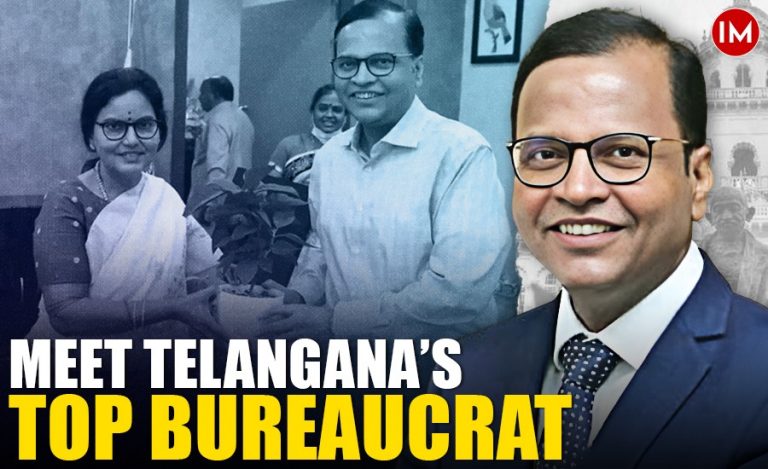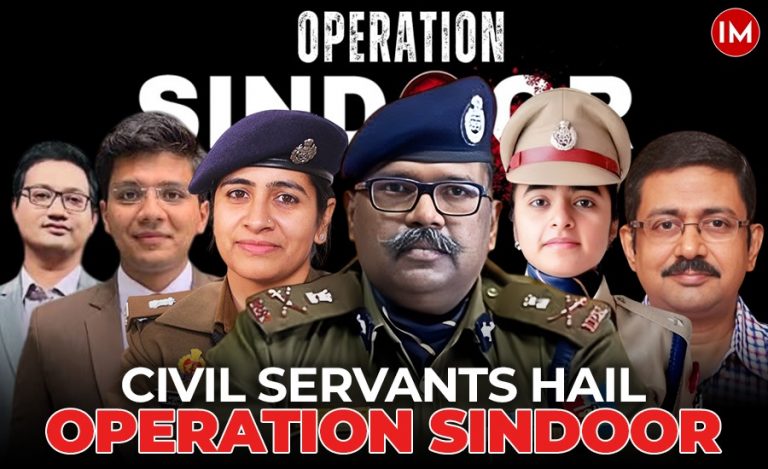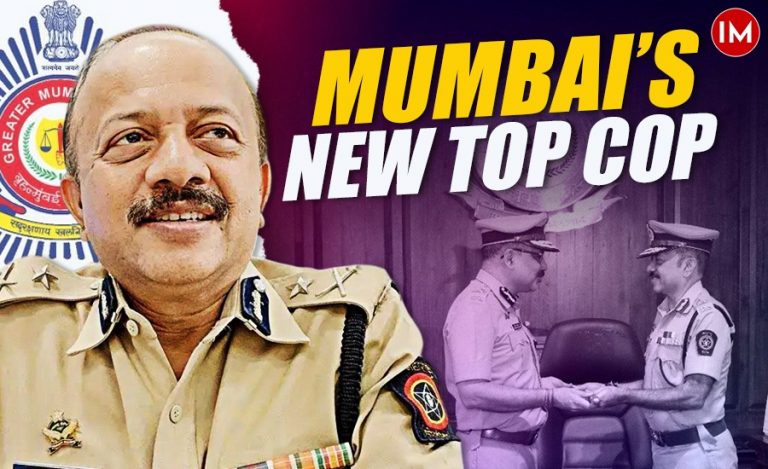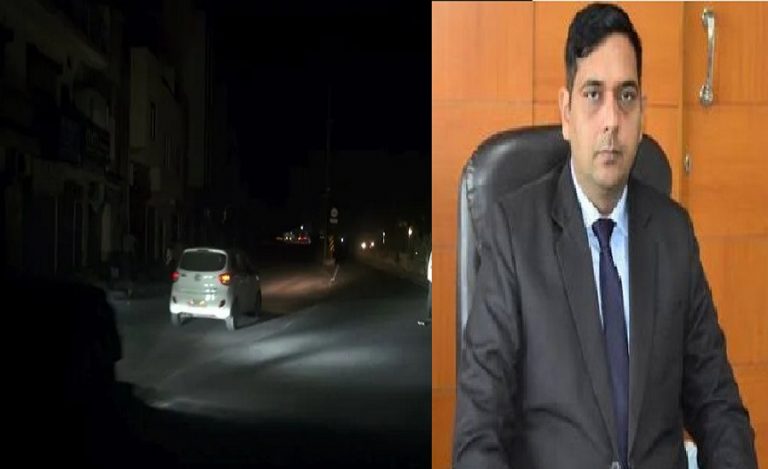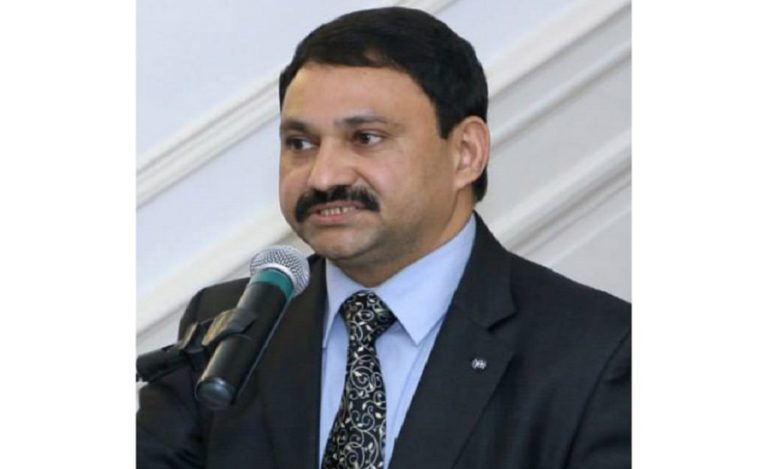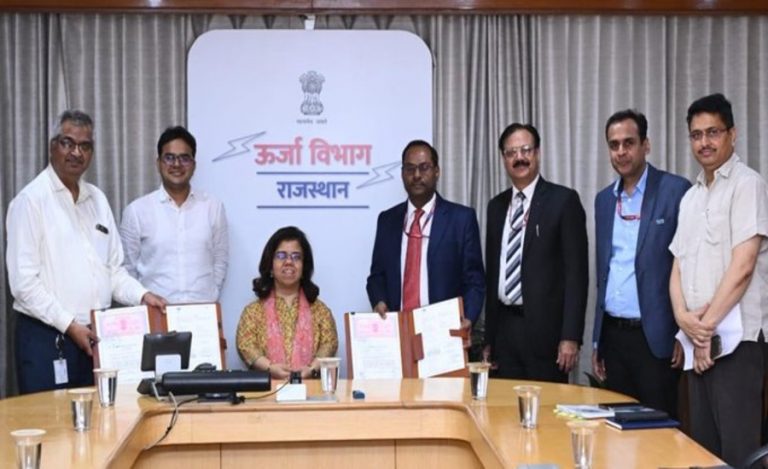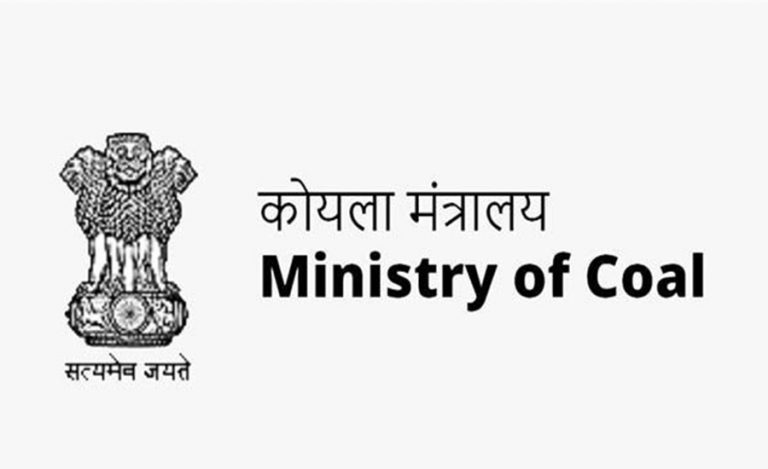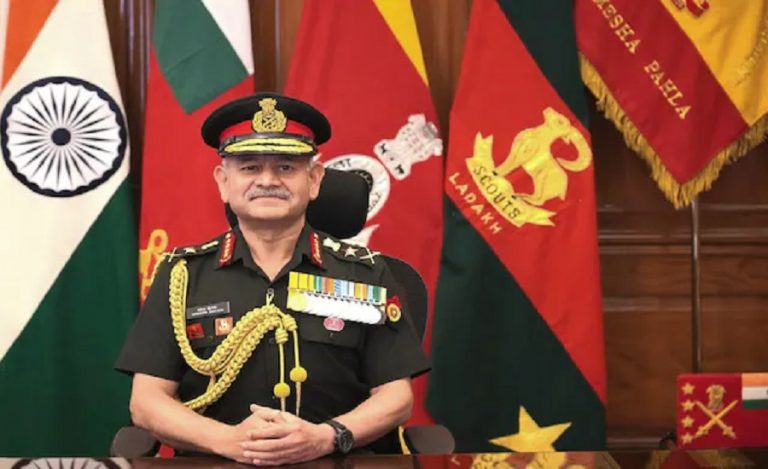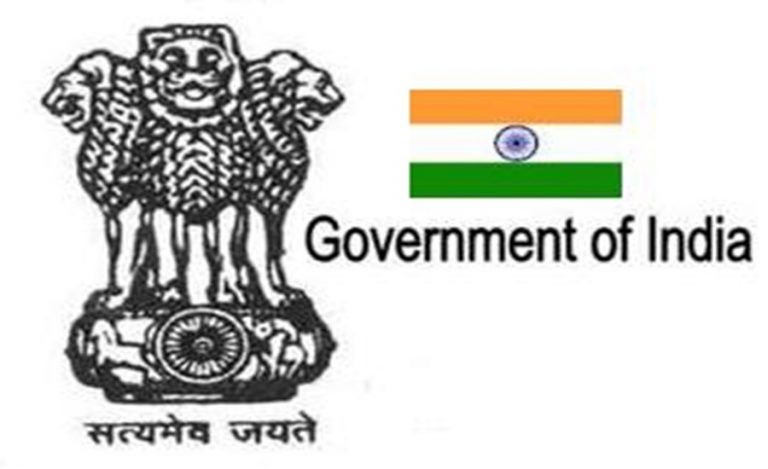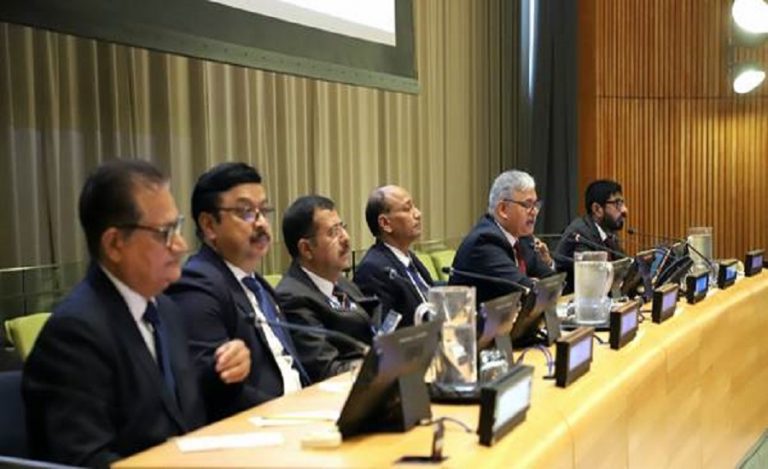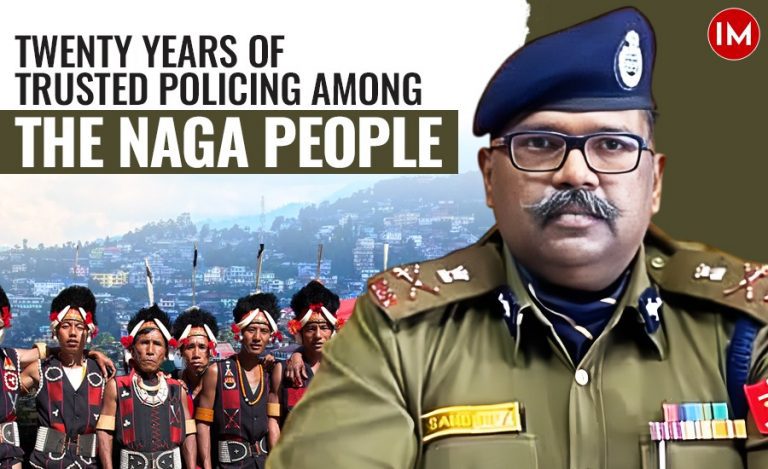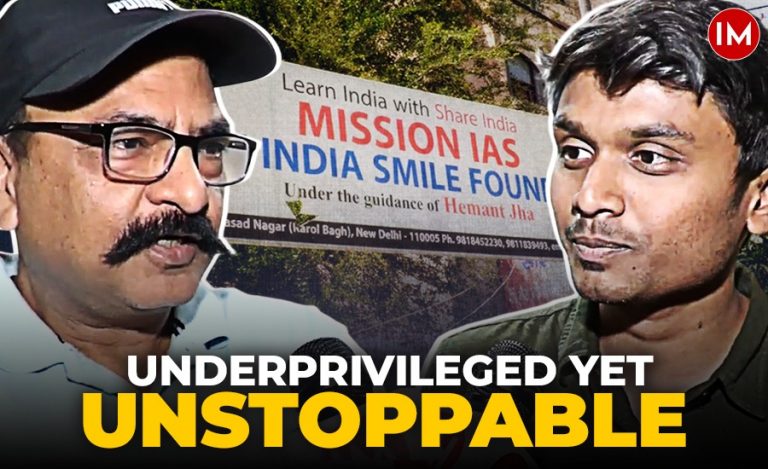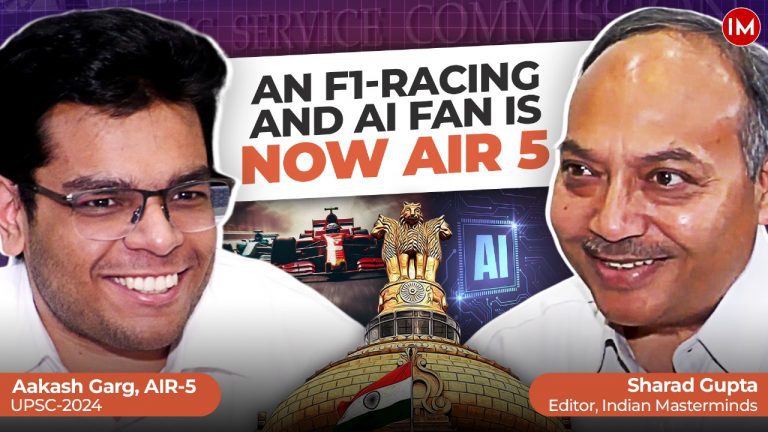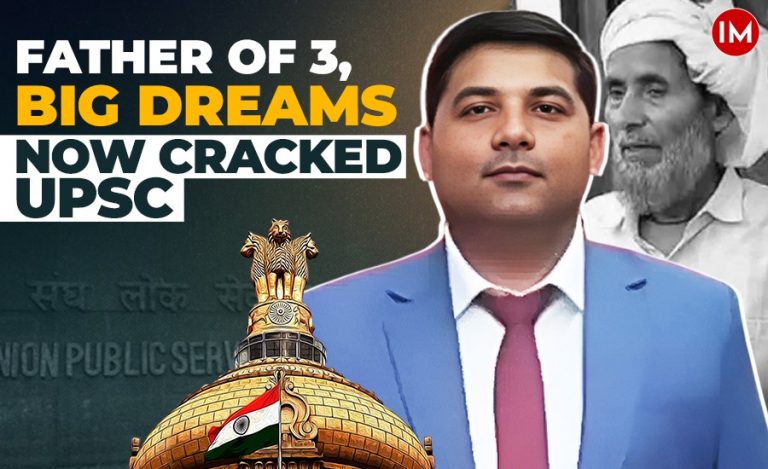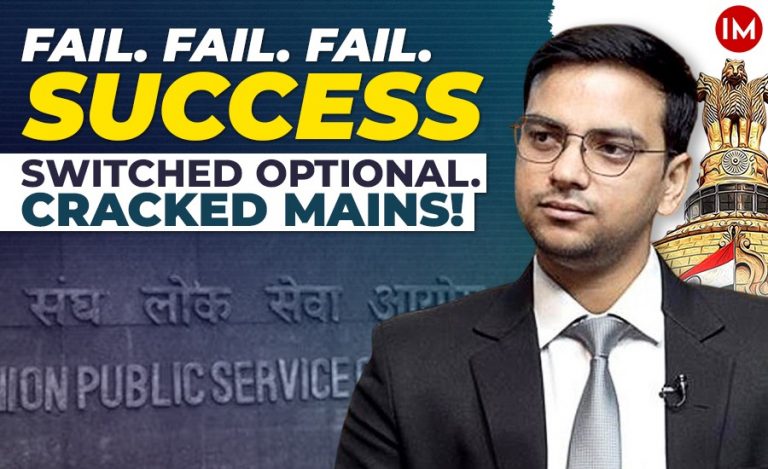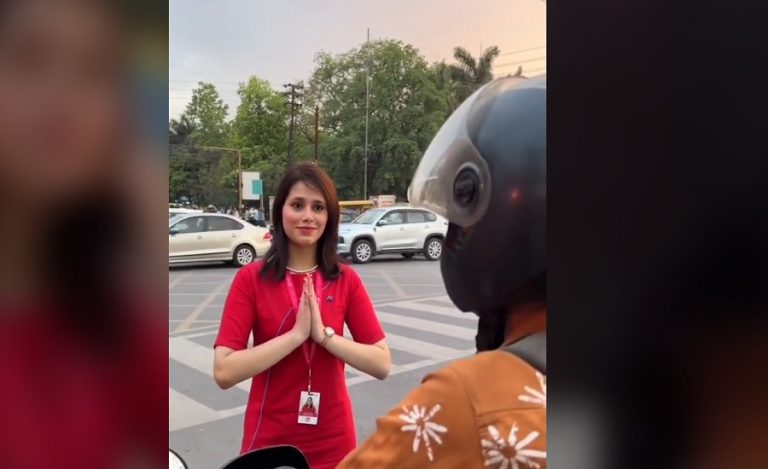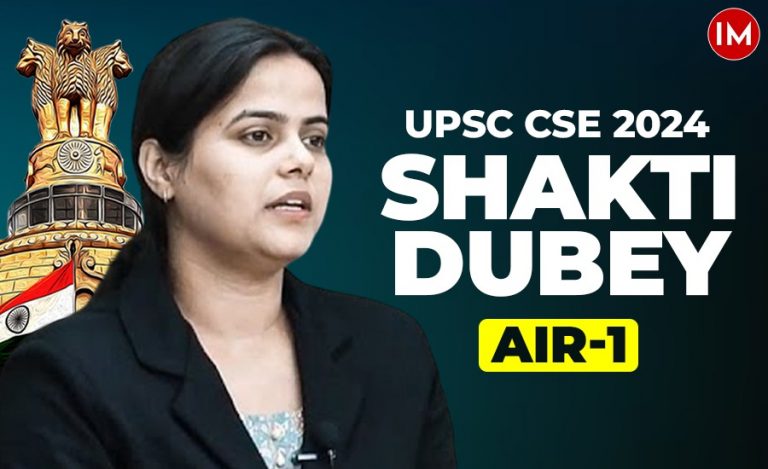Does government need consent of Civil Servants in All India Services like IAS and IPS before assigning them top positions? The question recently came up before Supreme Court which sought clarification from the Ministry of Home Affairs on whether an IPS officer’s willingness on central deputation is necessary before he is appointed as the DGP of a state.
A bench headed by Chief Justice of India (CJI) Justice D.Y. Chandrachud was hearing a case related to the appointment of DGP of Nagaland. The rules prescribe Union Public Service Commission (UPSC) to forwards three names for such top positions in a state after going through their credentials and past records. The state government finally selects one of the three.
But in case of Nagaland DGP, UPSC had, on December 15 last year, recommended just one name for the post of the DGP – that of Mr Rupin Sharma. Name of only other eligible person Sunil Achaya, a Nagaland cadre IPS officer on central deputation, could not be forwarded as he was unwilling to join the state cadre, the court was informed.
At the same time, the UPSC had suggested relaxing the experience criteria for appointment as Nagaland DGP from 30 years to 25 years.
Indian Masterminds tried to demystify the issue by seeking opinion of people who have held top positions in the past and have a sterling career.
CONSENT NOT NEEDED
Retired IAS officer of 1977 batch and Rajasthan cadre Mr. MK Devarajan says that an all-India service officer may be assigned any job even without their consent. However, it’s not a healthy practice as an unwilling person won’t take much interest in the work.
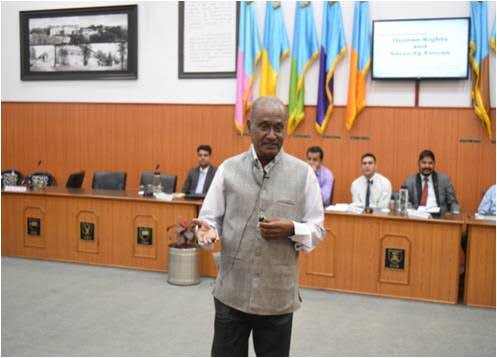
The ex-Chief Secretary of Telangana Mr S K Joshi advises that instead of formalising the process, an unofficial consent must be taken before giving someone any job. Otherwise the performance will be sub-standard.
ADHERE TO THE PROCDURE
Former DGP of Uttar Pradesh who also headed the BSF, Mr Prakash Singh raises another valid question says it is not UPSC’s job to seek consent from a person. It just need to adhere to the procedure, screen the candidates and empanel three eligible officers for the top position.
Known for his contribution in police reforms in the country, Mr Singh says, “Here, the UPSC has only sent one name. This is not the procedure. They should have sent in at least three names. It is upon the state government to consult the officers and select one of them.”
The officer may convey their preference to the state government but if the government still hands them a responsibility, they have no choice but to carry it.
WILLINGNESS REDUNDANT
there is a tradition of taking the consent before appointment, says former DGP of Bihar, Mr. Abhyanand. “It is good to take input from the officer. The preference of the officer must be consider as it will reflect in his work & performance”, he adds .
Some others feel that it is a practise to get consent in writing before empanelling officers for certain positions. UPSC has prescribed formats for this and it is sent to all those eligible ADGs and after taking their consent in writing the ball is set in motion.
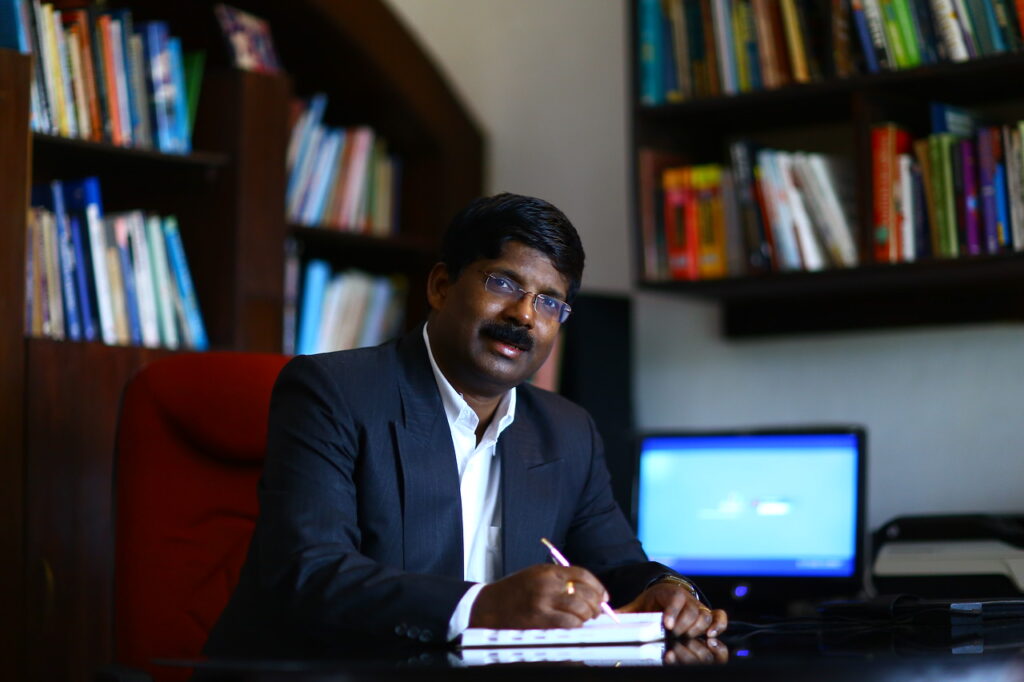
Retired IPS officer of 1987 batch & Tamil Nadu Cadre Dr. Prateep V Philip emphasizes that there is not much awareness about the whole concept and procedure which has actually ignited a discussion on the subject. He also points out that it is important to take the consent. The eligible officer might be handling some key position in the centre.
He simplifies it for a lay man. Suppose a person serving as Director, SPG, is also eligible for the post of DGP, Kerala. In such situation, it is important to take consent as he has a key responsibility in SPG and some might consider it as more important than being DGP, Kerala, he explains.




